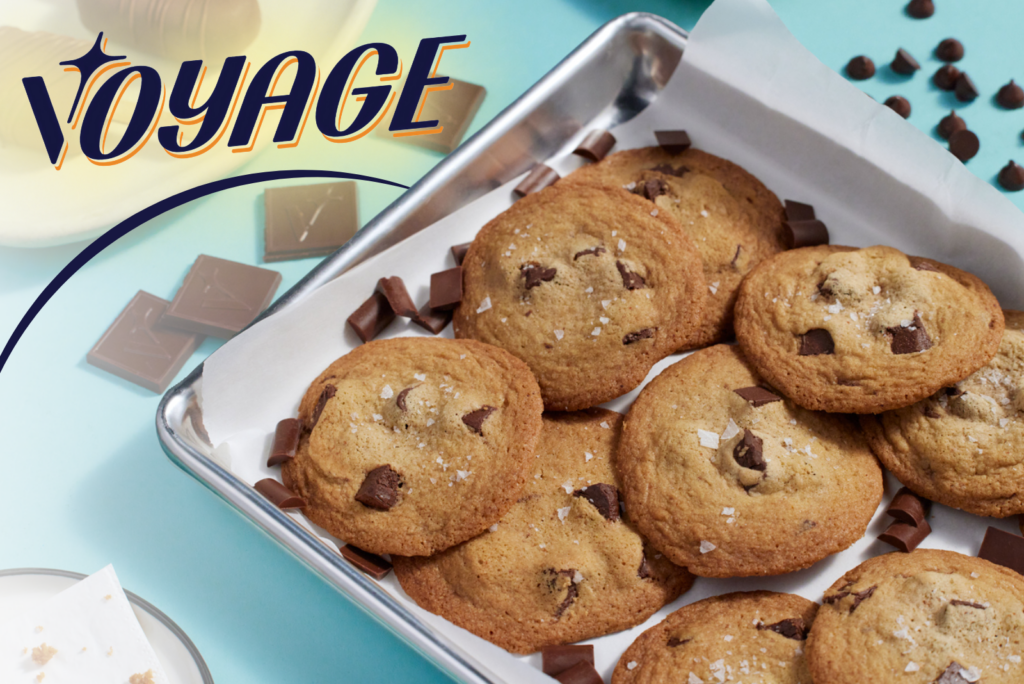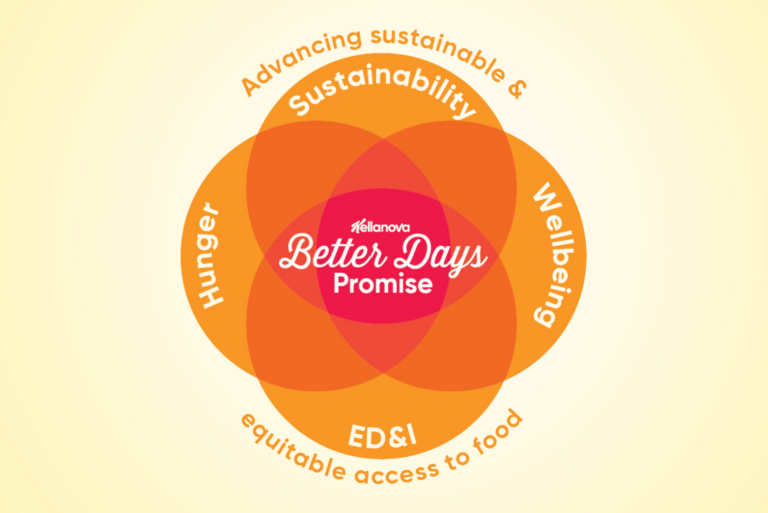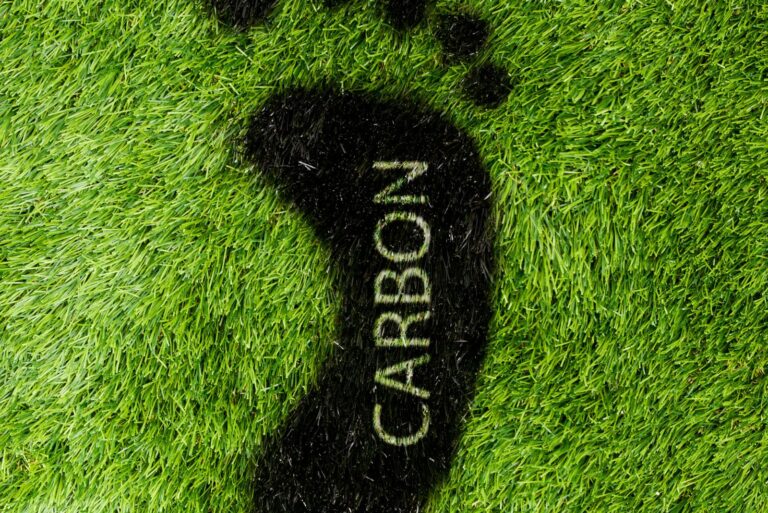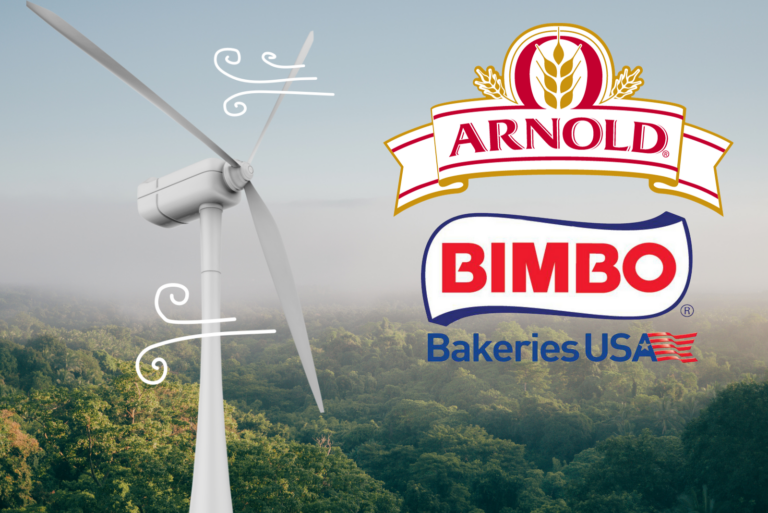OAKLAND, CA — Consumers increasingly demand transparency around the environmental impact of food production. That interest extends beyond packaging and food waste, often delving into the specific ingredients used to create their favorite foods. Sustainably produced ingredients such as cocoa-free chocolate could help bakers and other food manufacturers address this concern.
“Consumers are really looking for options that allow them to vote with their dollars on things that are contributing positively to the environment,” said Kelsey Tenney, founding team member and VP of R&D of Voyage Foods, a food technology company that manufacturers a clean label, plant-based cocoa-free chocolate.
The core ingredient — upcycled grape seeds — is sourced from a true waste product of the wine and juice industries.










